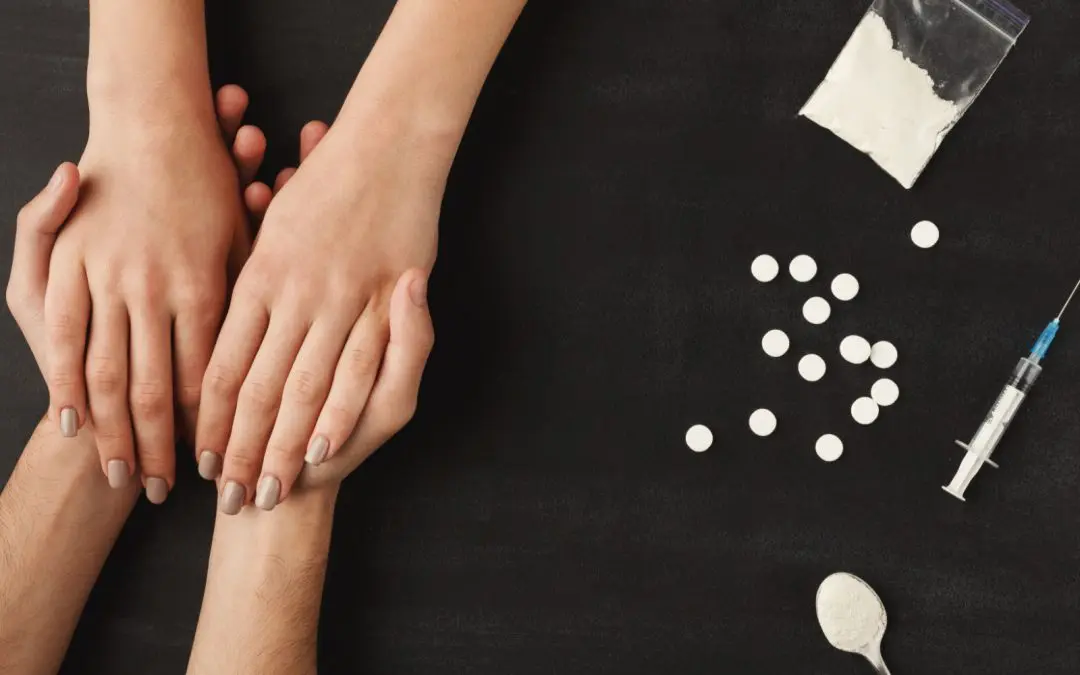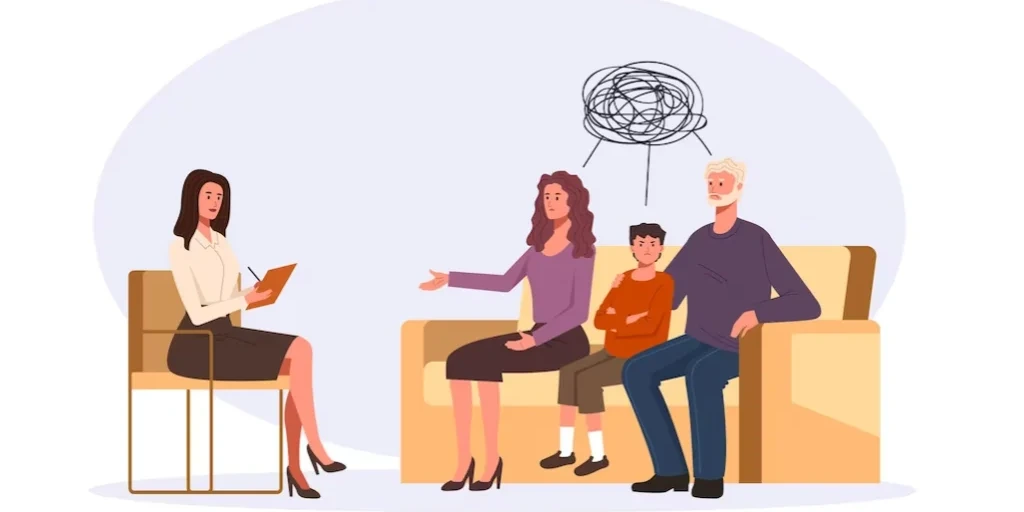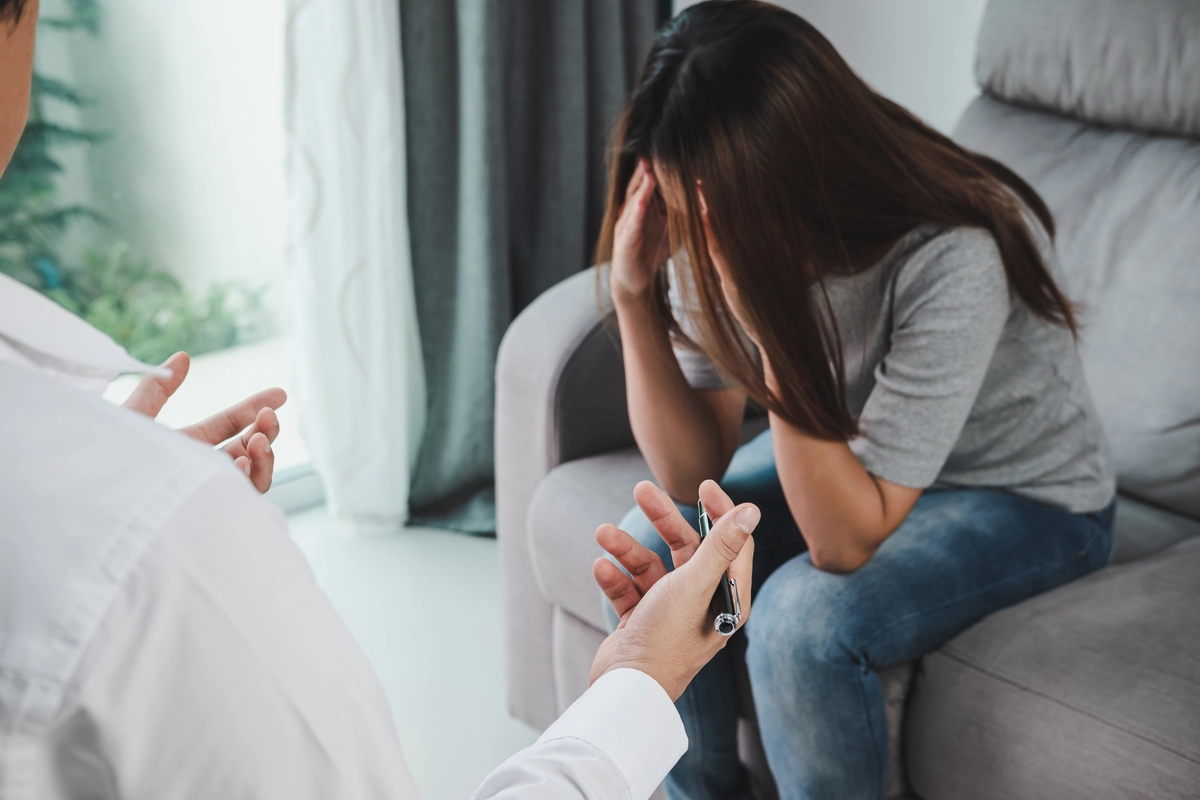24/7 Helpline:
(866) 899-221924/7 Helpline:
(866) 899-2219
Learn more about Bipolar Disorder Treatment centers in Lake County
Bipolar Disorder Treatment in Other Counties

Other Insurance Options

Ambetter

BlueCross

Evernorth

Health Choice

CareSource
Beacon

Ceridian

Horizon Healthcare Service

Amerigroup

Health Partners

MVP Healthcare

Magellan

Premera

Oxford

Humana

GEHA

UMR

Regence

Kaiser Permanente

AllWell































































































Western Montana Mental Health Center – Lake County Addiction Services
Western Montana Mental Health Center – Lake County Addiction Services is a private rehab located in ...

Western Montana Mental Health Center
Western Montana Mental Health Center is a private rehab located in Polson, Montana. Western Montana ...

Sunburst Mental Health Services
Sunburst Mental Health Services is a private rehab located in Polson, Montana. Sunburst Mental Healt...

Sunburst Mental Health Services
Sunburst Mental Health Services is a private rehab located in Saint Ignatius, Montana. Sunburst Ment...

Lake County Chemical Dependency
Lake County Chemical Dependency is a private rehab located in Polson, Montana. Lake County Chemical ...

Western Montana Mental Health Center
Western Montana Mental Health Center is a private rehab located in Ronan, Montana. Western Montana M...

Tribal Health Alcoholism
Tribal Health Alcoholism is a private rehab located in Polson, Montana. Tribal Health Alcoholism spe...














































